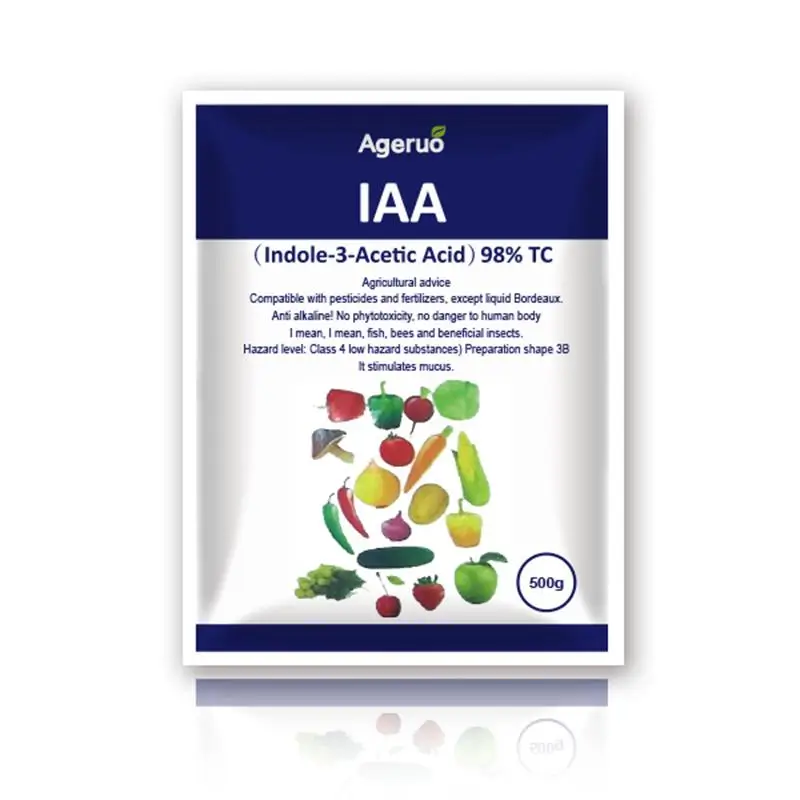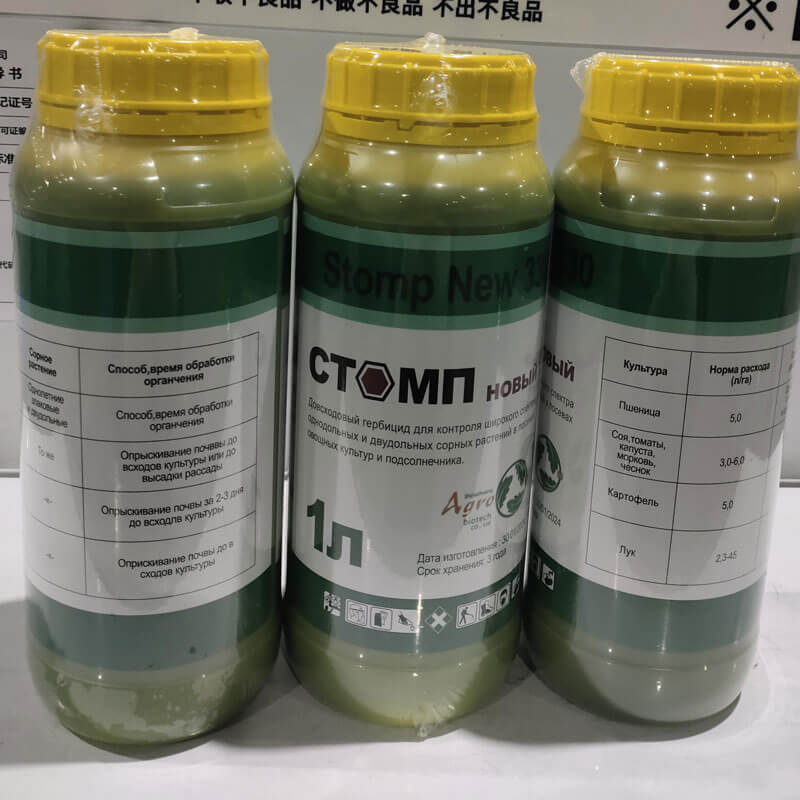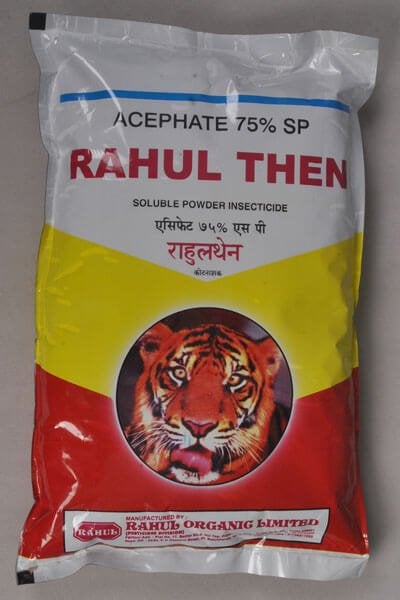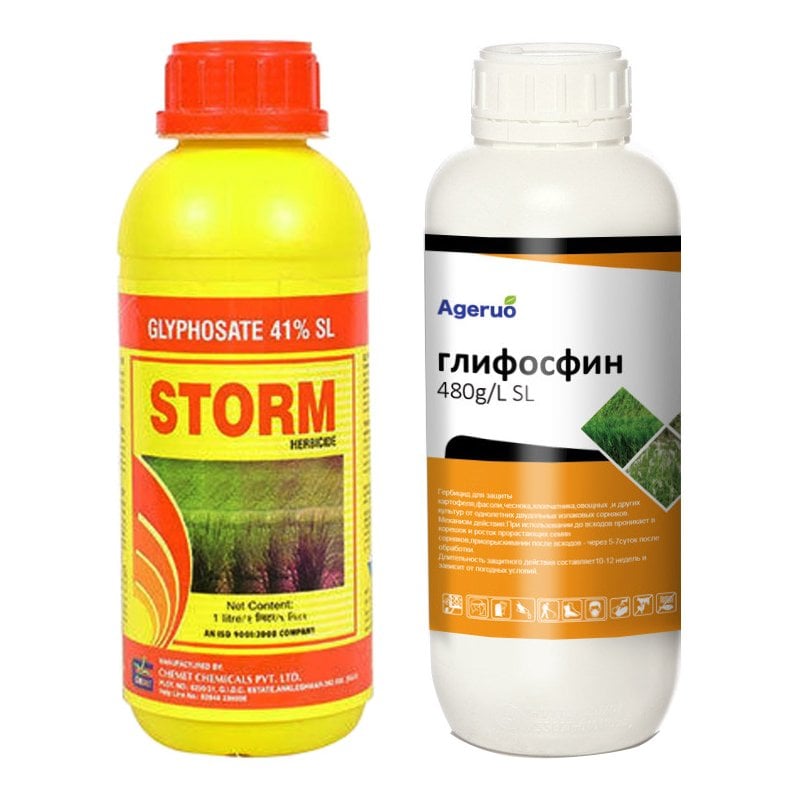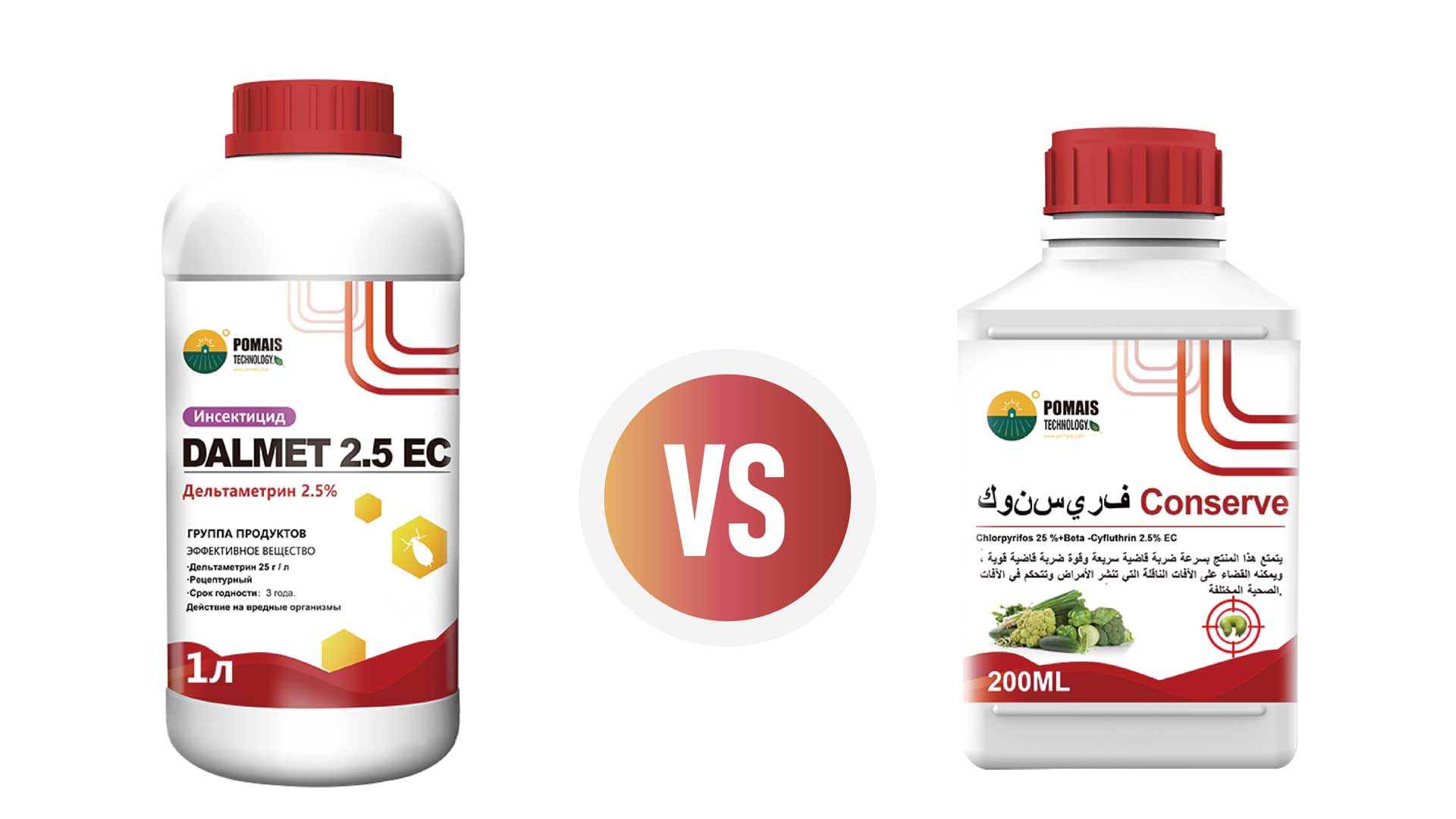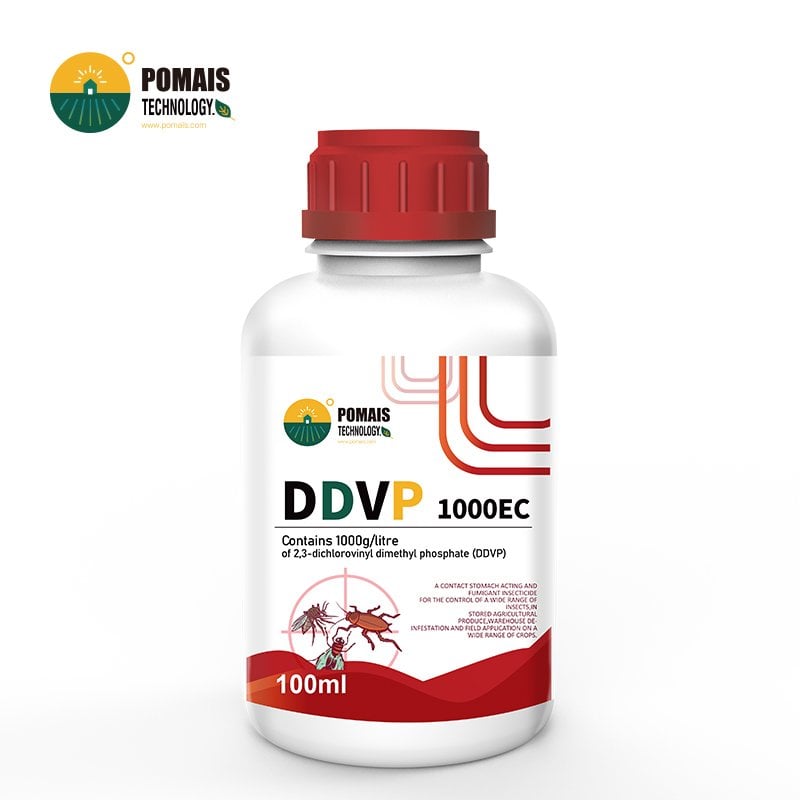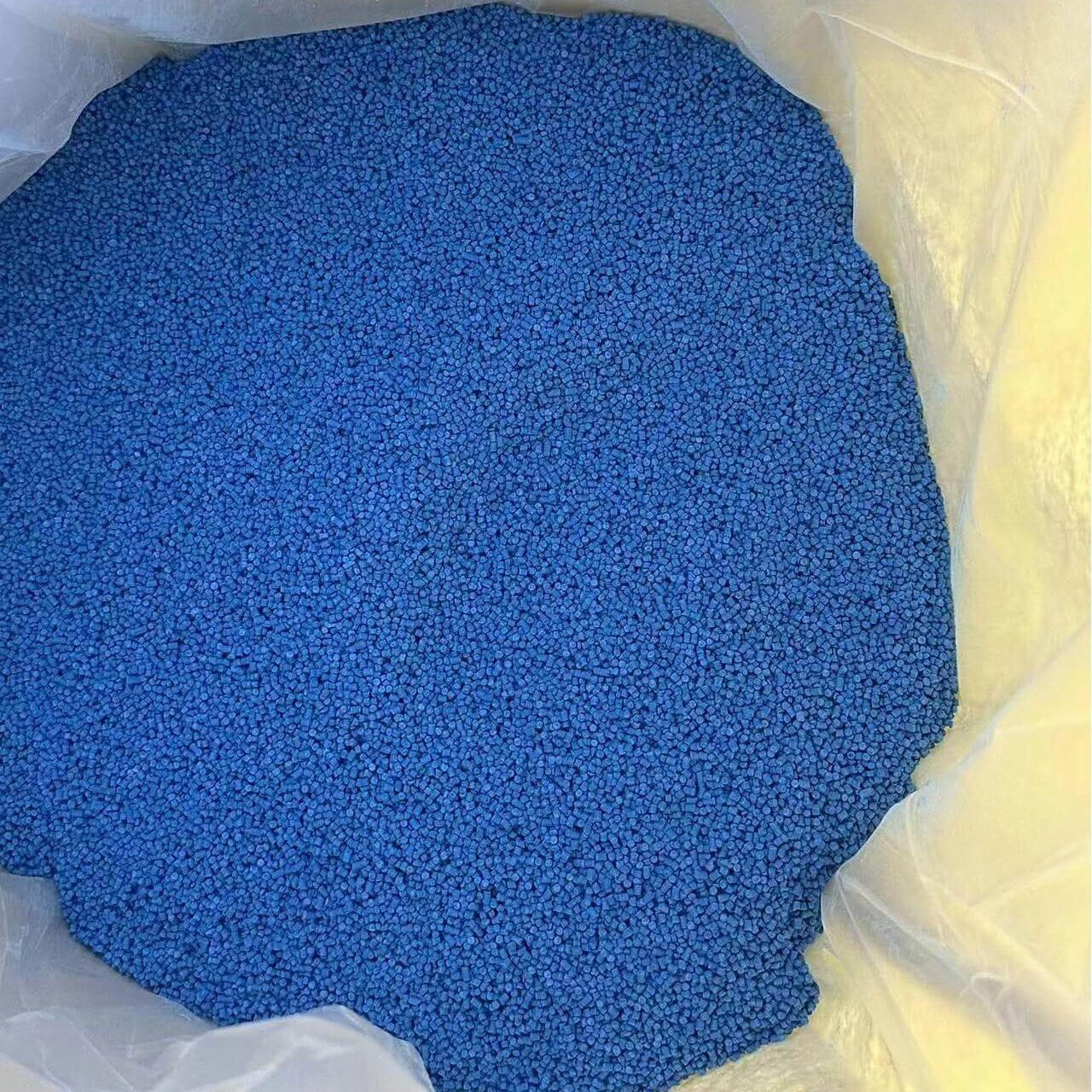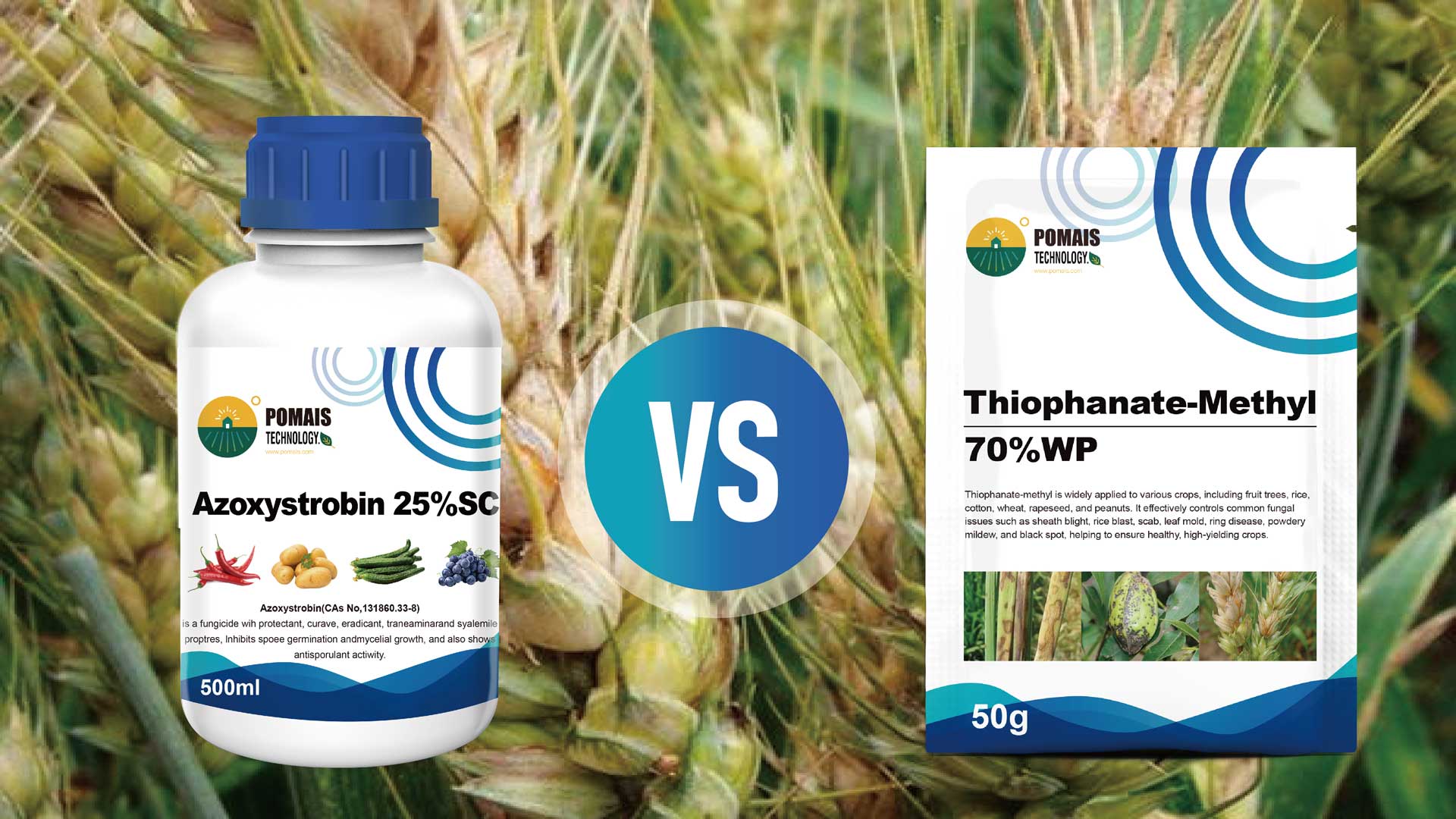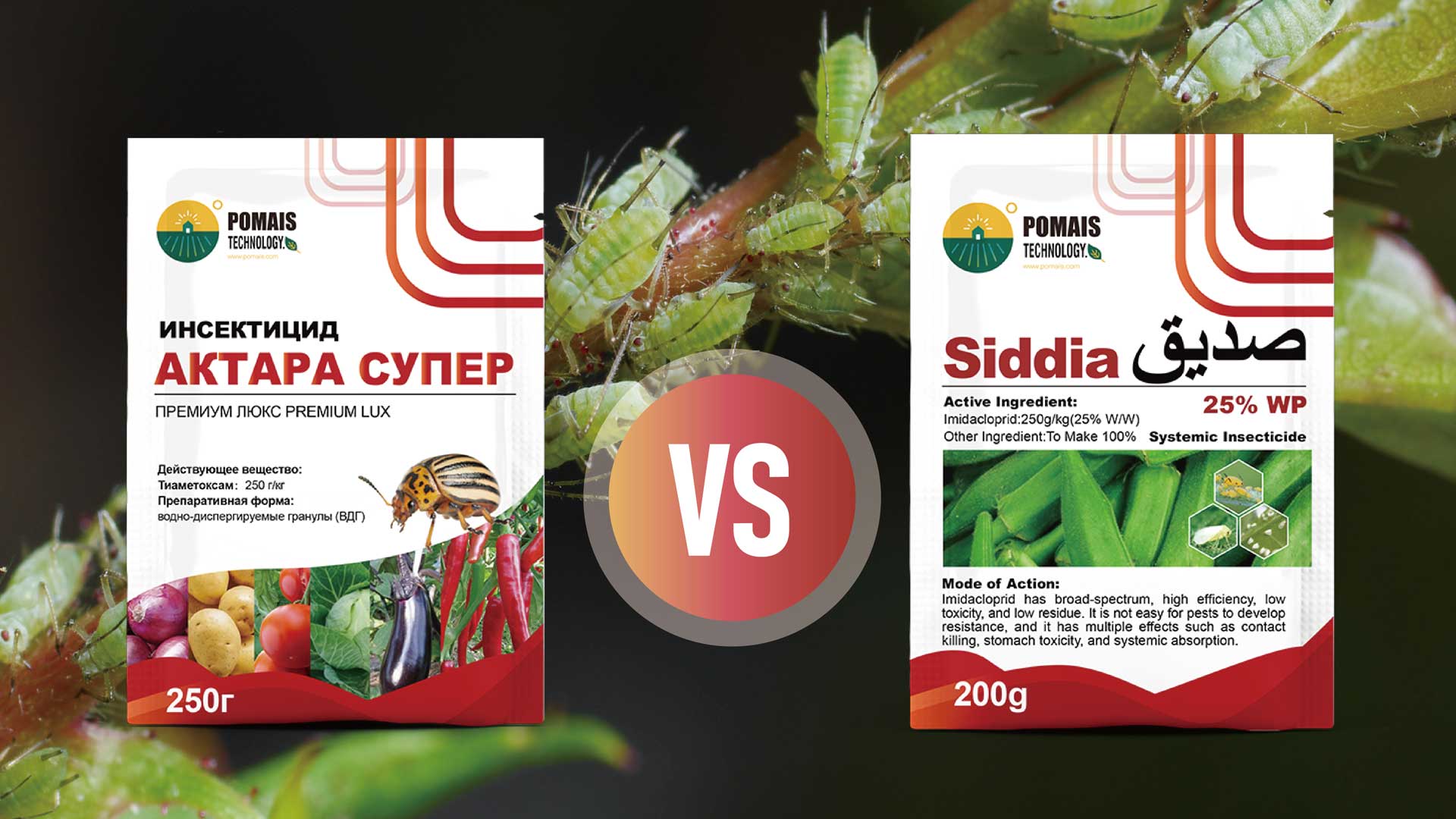Accelerating Fruit Ripening for Market Efficiency Ethephon is primarily used in agriculture as a plant growth regulator to promote uniform and timely fruit ripening. It is especially effective in climacteric crops such as bananas, tomatoes, mangoes, and apples, where controlled [...]
Accelerating Fruit Ripening for Market Efficiency Ethephon is primarily used [...]
June 24th, 2025/9.3 min/What Is Indole-3-Acetic Acid Used For? Indole-3-acetic acid (IAA) is one of the most widely used plant growth regulators in modern agriculture, horticulture, and plant tissue culture. As a naturally occurring auxin, IAA plays a central role in promoting root [...]
What Is Indole-3-Acetic Acid Used For? Indole-3-acetic acid (IAA) is [...]
June 24th, 2025/9.5 min/What Weeds Does Pendimethalin Kill?Pendimethalin effectively kills a wide range of annual grass and broadleaf weeds, including crabgrass, barnyardgrass, foxtail, goosegrass, pigweed, lambsquarters, chickweed, purslane, and spurge. It is mainly used as a pre-emergent herbicide to stop weed seeds from [...]
What Weeds Does Pendimethalin Kill?Pendimethalin effectively kills a wide range [...]
June 23rd, 2025/10.7 min/What Insects Does Acephate Kill? Acephate kills a broad range of insects, including aphids, thrips, whiteflies, beetles, armyworms, leafminers, stink bugs, fire ants, cockroaches, crickets, and mealybugs. It is effective on both chewing and sucking pests in crops, turf, and [...]
What Insects Does Acephate Kill? Acephate kills a broad range [...]
June 21st, 2025/13.9 min/If you're looking for a reliable solution to control a wide range of weeds across different environments, glyphosate offers you a proven, cost-efficient option. As a non-selective, systemic herbicide, glyphosate is designed to kill most plant species—making it ideal for [...]
If you're looking for a reliable solution to control a [...]
May 7th, 2025/12.1 min/Why Compare Deltamethrin and Lambda-Cyhalothrin? If you're involved in pest management—whether in agriculture, public health, stored grain protection, or structural pest control—selecting the right insecticide is crucial to achieving long-lasting efficacy while managing resistance, environmental safety, and cost. Deltamethrin [...]
Why Compare Deltamethrin and Lambda-Cyhalothrin? If you're involved in [...]
April 15th, 2025/4.1 min/What Are Bed Bugs? Bed bugs (Cimex lectularius and Cimex hemipterus) are small, flat, parasitic insects that feed on the blood of humans and animals during sleep. Known for their elusive behavior, they hide in mattresses, cracks, crevices, and furniture, [...]
What Are Bed Bugs? Bed bugs (Cimex lectularius and Cimex [...]
April 12th, 2025/4.1 min/What Is Metaldehyde and Why Is It Used? Metaldehyde is a widely used active ingredient in molluscicides, specifically formulated to control destructive pests such as slugs and snails. First introduced in the 1930s, metaldehyde-based molluscicides have since become a [...]
What Is Metaldehyde and Why Is It Used? Metaldehyde [...]
April 8th, 2025/3.8 min/Which One Offers Better Lawn Disease Protection? Lawn fungal diseases can severely impact turf aesthetics, growth, and health—especially under humid or stressed conditions. Two of the most commonly used systemic fungicides in turf management are Azoxystrobin and Thiophanate-methyl. Both offer [...]
Which One Offers Better Lawn Disease Protection? Lawn fungal diseases [...]
April 4th, 2025/3.5 min/Thiamethoxam and imidacloprid are two leading active ingredients in the neonicotinoid class of insecticides, both widely used in agriculture, horticulture, public health, and seed treatment. As systemic insecticides, they are absorbed by plants and provide protection from the inside [...]
Thiamethoxam and imidacloprid are two leading active ingredients in [...]
April 2nd, 2025/4.6 min/


